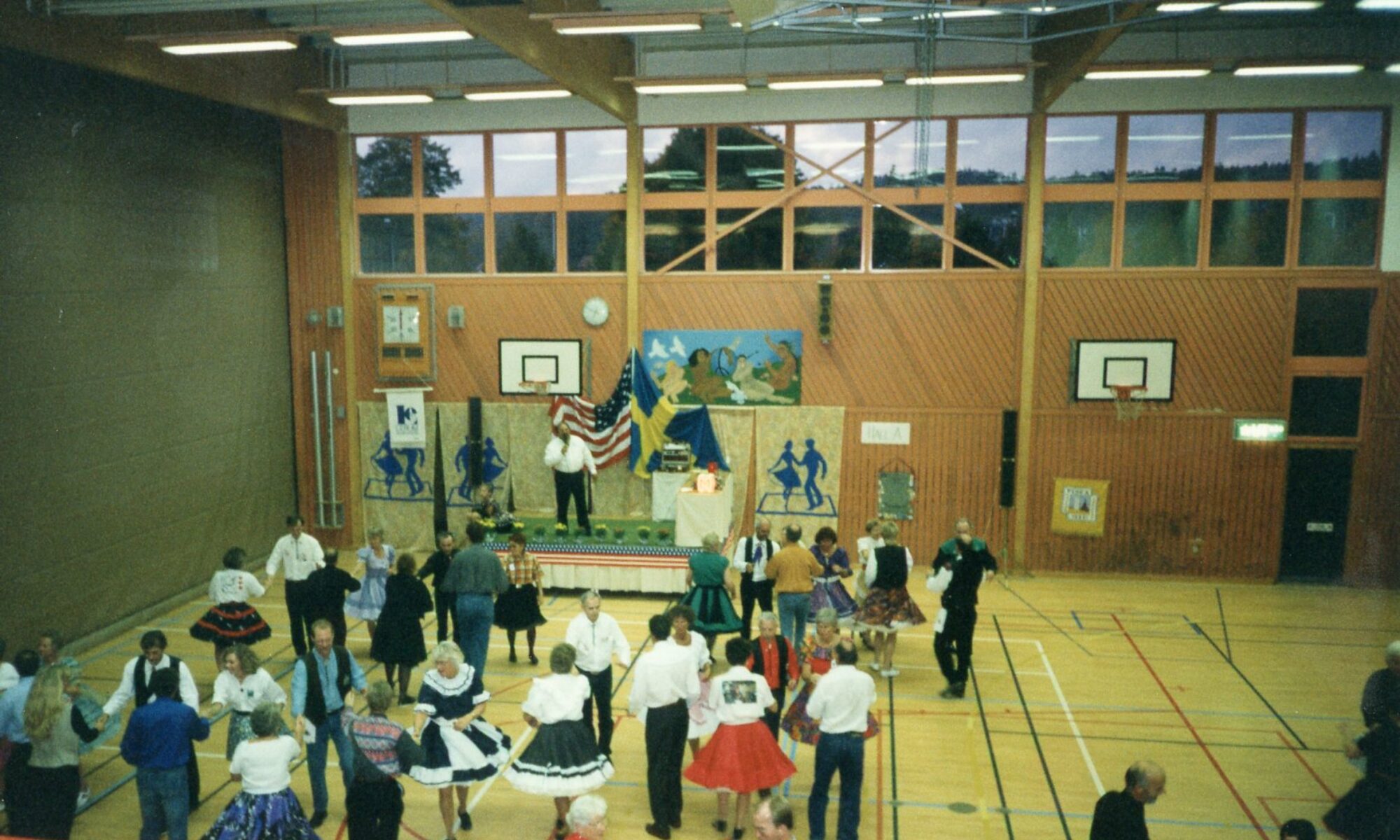C: as a society are going in this direction where we’re all sitting in our PJs, and [it] effectively sells eating from a freaking plastic microwave thing just talking to each other and slowly dying in isolation… I just have this fear that we. Like oh we’re therefore social, however it’s pseudo-sociality.
L: I think you’re very right, because, it sorts of provides you with the fix to be in touch with men and women, and never have to try to be in touch with folks
C: however it’s certainly not wholesome. It’s like you’re eating junk meals.
L: Maybe we have the chicken in addition to egg puzzled. Perhaps we’ve just gotten much more [expletive] up and degraded and also unfortunate of animals to just get as much as some one you would like and merely present your self which means you want to do these dating things and we’ve created that niche.
A: and it also needs time to work, nevertheless now, all things are instant, and we don’t want to devote some time for items that requires time, so [Tinder] starts a screen. But at the conclusion of a single day, to create a relationship that is real and also to develop an actual mental link, you may need time. That does not walk out nothing.
These views that are dystopian maybe not baseless; instead, they reflect a disconnect between your sociality that individuals must have, and what Tinder provides. Real human knowledge is embodied, while https://besthookupwebsites.net/escort/boston/ Tinder is certainly not. Tinder’s gamelike features provide comparable addicting attributes of attractive design, interactive functions just like the “swipe,” and navigation that is image-oriented as do various various other cellular games like candy crush, and gambling devices like slots. This could be ultimately causing a misattribution of arousal, wherein people might feature their particular good thoughts to the pseudosociality provided by the software, as opposed to the inherent arousal of game play. Hence, people continue to be hooked to the application, increasing its appeal, not really completing the void of sociality and belonging they look for to fill. This contributes to disillusionment, dystopian ideations, and a disconnect that amplifies the ambiguity that internet online internet dating naturally elicits.
As well as acknowledging this ambiguity and tracking the sensemaking methods made use of to ease it, We make you with some thing to ponder. Up to society’s needs necessitate innovations, innovations also supply back in and fundamentally change processes that are social. The current discussion hence increases plenty of concerns – is Tinder unknowingly altering the facial skin of personal connections through its gamelike façade, but eventually making us disillusioned and dissatisfied?
Will be the convenience and expedience of Tinder really love that is just mcDonaldising interactions?
Interestingly, the term “love” never introduced it self in speaking about dating that is tinder-mediated. While more cross-disciplinary study between business business economics and social psychology are (always) required, the current conversation must be taken into account and interrogated, before moving forward into the swipe that is next.
- This web site post ended up being initially posted at Psychology@LSE.
- The views are given by the post regarding the writers, perhaps perhaps not the career of LSE Business Assessment or perhaps the London class of Economics.
- Featured image credit: picture by Chiara Pinna on Unsplash
- When a comment is left by you, you’re agreeing to the Comment Policy.
Sai Kalvapalle is just a PhD prospect during the Rotterdam class of control, within the division of Business-Society control. She completed her MSc in Organisational and Social mindset within the division of Psychological and Behavioural Science during the London class of Economics and Political Science (LSE) in 2017. Her analysis is targeted on attracting interdisciplinary theoretical contacts to describe real-world phenomena.
